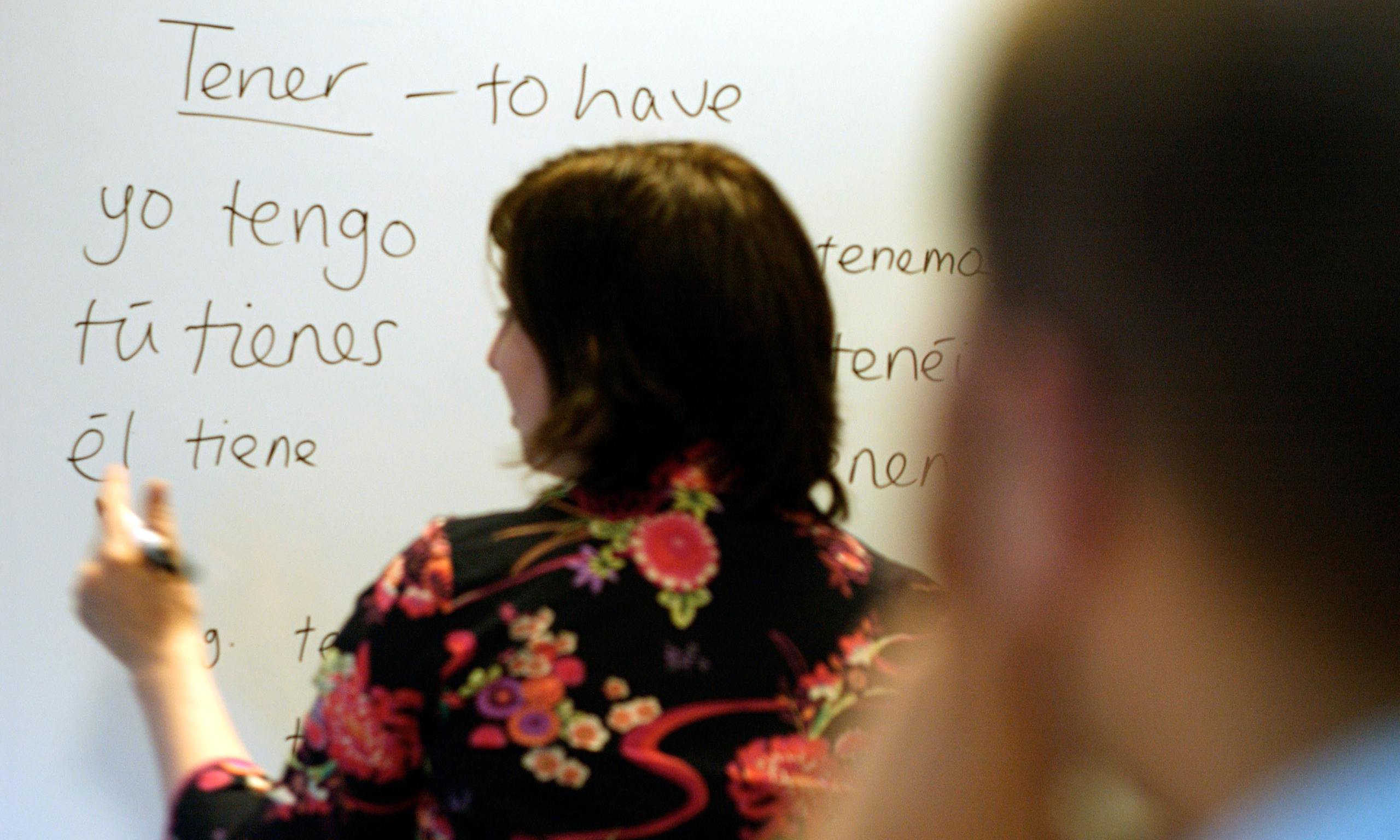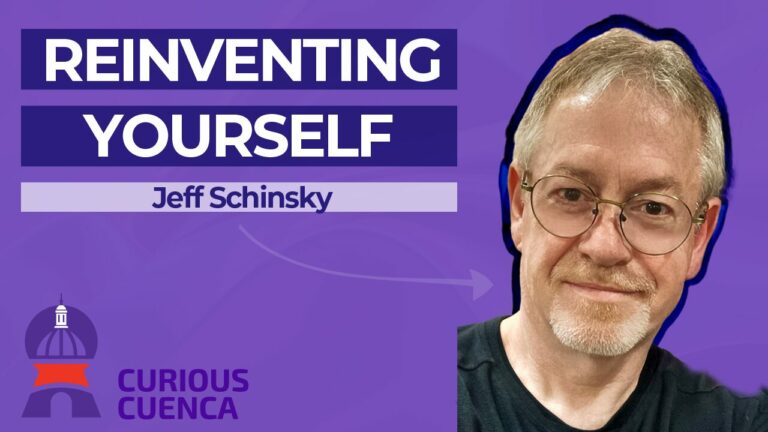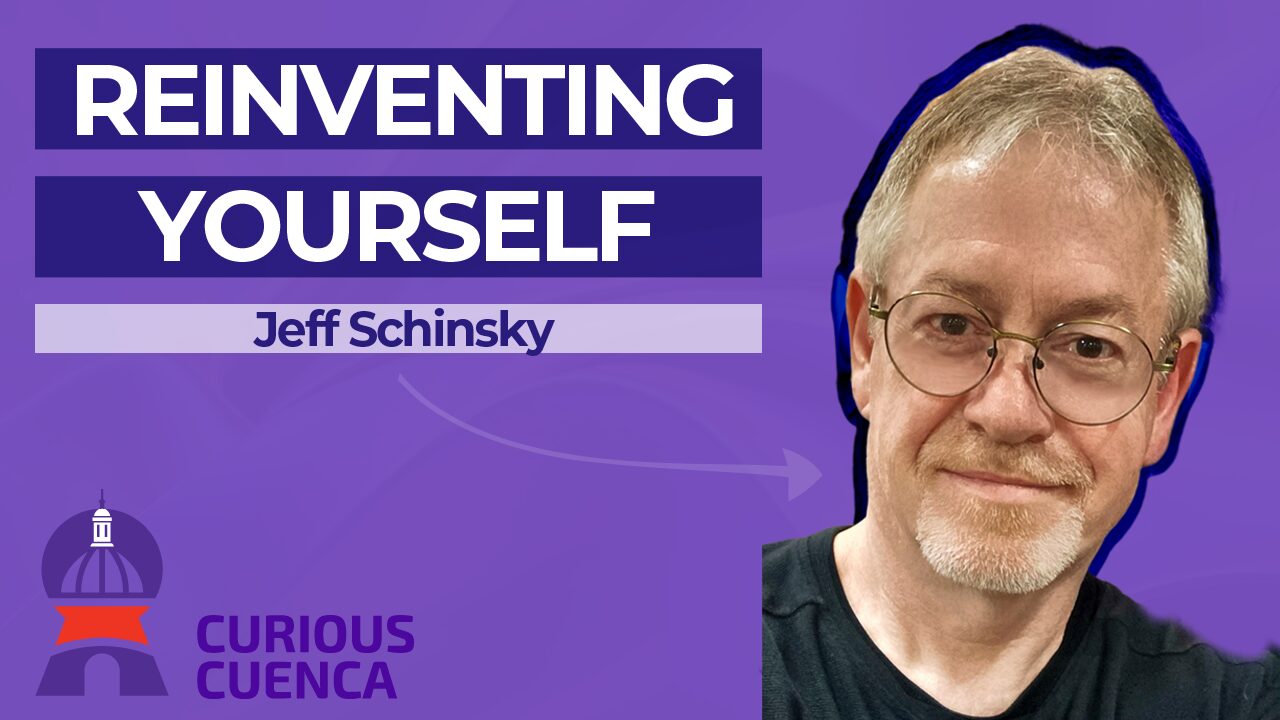Languages are fickle creatures. They lull you into a false sense of confidence by pretending to follow rules before doing an about-face and presenting you with an exception to said rule. It’s frustrating. It’s often counter-intuitive. But one thing it’s not is insuperable. As far as I know, there isn’t any trick to learning irregular verbs in Spanish. Memorization is key. The best way to go about this is to start with the most commonly used verbs, so in today’s Spanish lesson, I’ll give you the ten most common irregular verbs and how to conjugate them in the present tense.
These verbs are “true” irregulars, meaning each conjugation deviates from what would be considered the norm.
- To be (in a permanent sense, i.e. to be American): ser (SEHR)
- Yo: Soy
- Tú: Eres (Eh-res)
- Él/Ella/Usted: Es
- Nosotros: Somos (SOH-mohs)
- Ellos/Ellas/Ustedes: Son (SOHN)
- To have: tener (ten-EHR)
- Yo: Tengo (TAYN-go)
- Tú: Tienes (tee-EH-ness)
- Él/Ella/Usted: Tiene (tee-EH-nay)
- Nosotros: Tenemos (teh-NAY-mohs)
- Ellos/Ellas/Ustedes: Tienen (tee-EH-nen)
- To be able to: poder (poh-DEHR)
- Yo: Puedo (PWEH-doh)
- Tú: Puedes (PWEH-des)
- Él/Ella/Usted: Puede (PWEH-day)
- Nosotros: Podemos (poh-DAY-mohs)
- Ellos/Ellas/Ustedes: Pueden (PWEH-den)
- To go: ir (EAR)
- Yo: Voy
- Tú: Vas (VAHS)
- Él/Ella/Usted: Va (VAH)
- Nosotros: Vamos (VAH-mohs)
- Ellos/Ellas/Ustedes: Van (VAHN)
- To want: querer (keh-RARE)
- Yo: Quiero (key-EH-roh)
- Tú: Quieres (key-EH-res)
- Él/Ella/Usted: Quiere (key-EH-ray)
- Nosotros: Queremos (keh-RAY-mohs)
- Ellos/Ellas/Ustedes: Quieren (key-EH-ren)
The following verbs are ONLY irregular in the “yo” form of the present tense. The rest of the conjugations follow the regular conjugation rules, which can be found here.
- To do, make: hacer (ah-SEHR)
- Yo: Hago (AH-go)
- To be (in a temporary sense, i.e. to be happy): estar (es-TAHR)
- Yo: Estoy (es-TOY)
- To know (a fact): saber (sah-BEHR)
- Yo: Sé (SAY)
- To know (a person or place): conocer (coh-noh-SEHR)
- Yo: Conozco (coh-NOSE-coh)
- To say: decir (deh-SEAR)
- Yo: Digo (DEE-go)
Please feel free to ask any questions you might have, or, if you know of a trick for mastering the irregulars, let us in on the secret!




















One Response
I appreciate when GringoTree presents Spanish lessons. The lessons are useful and very easy to understand. Life here in Ecuador is more complete when one can communicate even at the beginning level in Spanish. My advice might be to learn the above mentioned irregular verbs first, even before the other regular verbs. These irregulars are what people commonly use most in their vocabulary. To be, to have, to want. etc. Knowing the conjugations of “To go” can especially be a helpful shortcut when learning Spanish because once learned, you don’t need to learn future tense right away. Vamos a comer – we’re going to eat, is almost the same as comeremos – we will eat. So anytime that you talk about doing something in the future, learn to conjugate “To go” instead of trying to remember future tense. It works for me.